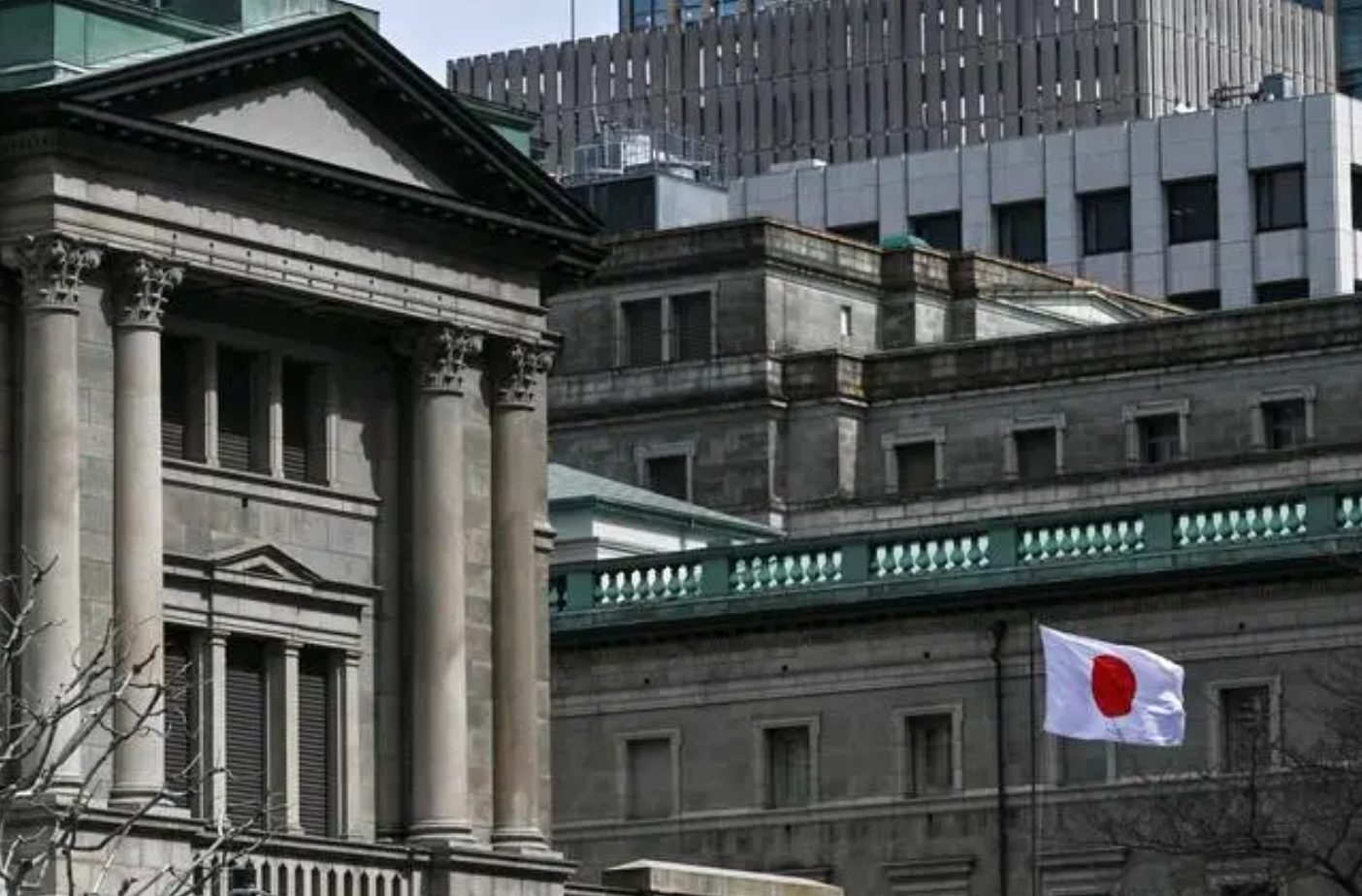Japan's core inflation rose in June, and the Bank of Japan may raise interest rates by the end of July
Data released on Friday (July 19th) showed that Japan's core CPI rose by 2.6% year-on-year in June, marking the second consecutive month of increase, continuing market expectations that the Bank of Japan may soon raise interest rates.
These data will be one of the factors to be reviewed by the Bank of Japan at its policy meeting on July 30-31, when the board will release new quarterly forecasts and discuss whether to raise interest rates from the current near zero level.
Excluding the impact of fluctuations in fresh food prices, the increase in core CPI is slightly lower than the median market forecast of 2.7%, compared to a 2.5% increase in the previous month.

The reduction of government subsidies aimed at curbing utility bills has driven up energy costs by 7.7% year-on-year in June, higher than 7.2% in May, helping to push up overall inflation.
Another index that excludes the impact of fresh food and fuel costs, a broader price trend indicator closely monitored by the Bank of Japan, rose 2.2% in June and 2.1% in May.
Data shows that service sector inflation rose from 1.6% in May to 1.7% in June, indicating that companies continue to pass on rising labor costs through price increases.
Marcel Thieliant, the head of Asia Pacific at Capital Economics, said, "Although the Bank of Japan will still see the Tokyo CPI data for July before its meeting later this month, the national data for June supports our forecast of another interest rate hike at this meeting. Looking ahead, we expect underlying inflation to remain around 2% until early 2025, which we believe will prompt the Bank of Japan to raise interest rates this month and in October
Due to spending cuts by businesses and households, the Japanese economy shrank in the first quarter, raising questions about the Bank of Japan's view on a moderate economic recovery.
Although analysts expect Japan's economic growth to rebound in the April June quarter, the weakening of the yen has pushed up the cost of imported fuel and food, putting pressure on household confidence.
In March of this year, the Bank of Japan withdrew from negative interest rates and bond yield controls, marking the end of its 10-year aggressive stimulus plan.
With inflation exceeding its 2% target for two years, the Bank of Japan has also hinted at raising short-term interest rates to a level that will neither cool down nor overheat the economy. Analysts believe it is between 1% and 2%.
Many economists predict that the Bank of Japan will raise interest rates to 0.25% this year, but they have differences on whether the rate hike will be in July or later this year.
Tips:This page came from Internet, which is not standing for FXCUE opinions of this website.
Statement:Contact us if the content violates the law or your rights
